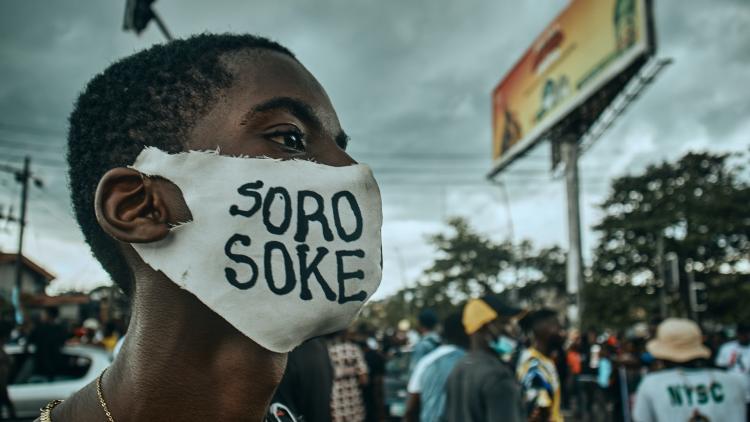Foundations of International Law

Key information
- Start date
- End date
- Duration
- Term 1
- Module code
- 15PLAH021
- FHEQ Level
- 7
- Credits
- 15
- Department
- School of Law, Gender and Media
Module overview
The module provides important introductory material for students who do not have a background in international law and wish to take other international law units at SOAS.
The module uses the SOAS School of Law undergraduate Public International Law lectures to introduce the basic concepts and practices which form the foundations of public international law. These lectures are presented with specific attention to the impact, influence and development of public international law in the African and Asian contexts. Mainstream narratives which emerge from the West are challenged through the use of Third World Approaches to International Law (TWAIL) and other contemporary critical theories.
Students are encouraged to study the mainstream approaches and representations of these laws alongside alternative conceptions and influences. The syllabus includes study of the sources of international law, personality, international institutions, jurisdiction and immunities, the relationship between in international and domestic law, state responsibility and theories of global governance.
Objectives and learning outcomes
At the end of the module the students should be able to:
- identify and describe the foundational concepts in public international law (for example, international sources, the role of sovereignty, the impact of international institutions, jurisdiction, state responsibility) with special reference to issues relevant to Asia and Africa
- compare and appraise the role of different theoretical approaches in understandings of public international law
- discuss recent developments in public international law and demonstrate an understanding of their broader impact on the topic as a whole
- explain the relationship between theoretical perspectives on international law, the behaviour of states and the development of international legal norms, as well as the role of international institutions
- arrange the knowledge in (1) to (4), above, into coherent responses to an exam based assessment
Workload
- Weekly 2-hour seminar
Method of assessment
- Unseen written exam: 60% (2 hours)
- Essay: 40% (2000 words)
Suggested reading
- Boyle and Chinkin, The Making of International Law, Oxford, 2007
- Charlesworth and Chinkin, The Boundaries of International Law, Manchester, 2000
- Evans, International Law Documents, 8th Ed, 2007
- Higgins, Problems and Process: International Law and How We Use It, Oxford, 1994
- Klabbers, International Law, Oxford, 2013
Disclaimer
Important notice regarding changes to programmes and modules.


